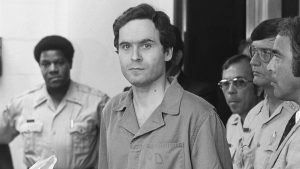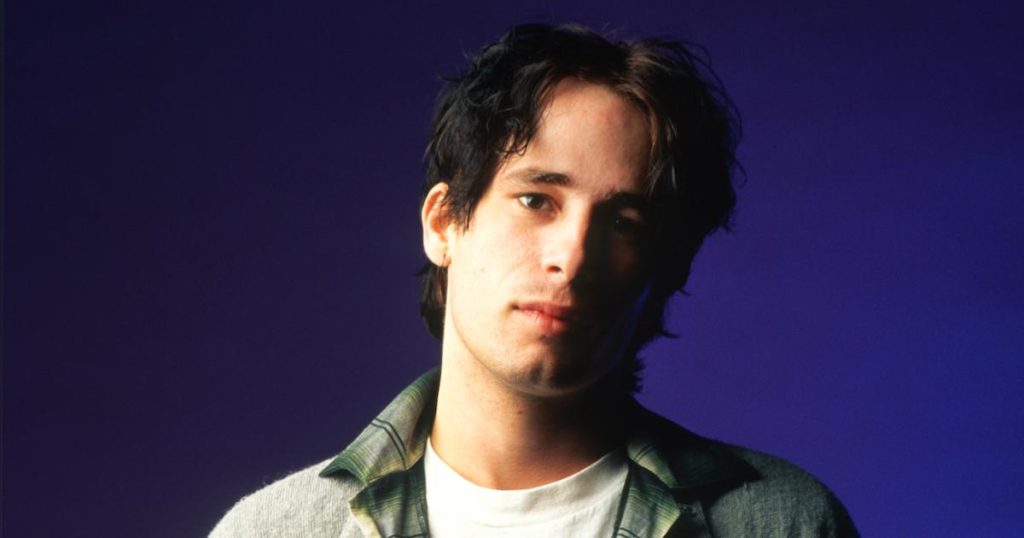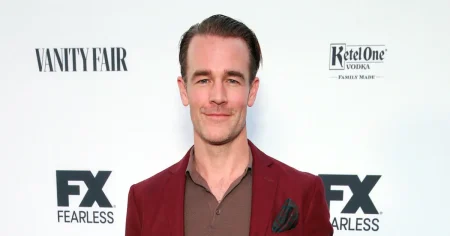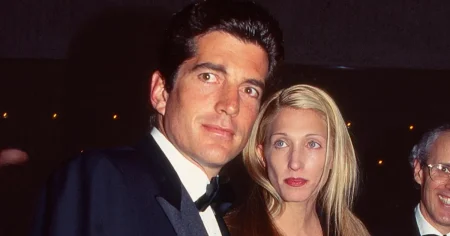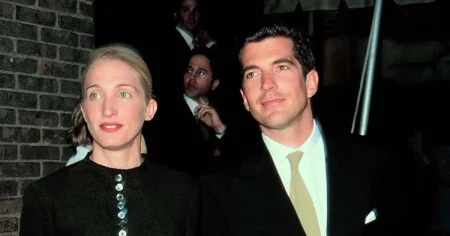Mary Guibert, the mother of the late musician Jeff Buckley, faced a difficult decision when Brad Pitt expressed interest in portraying her son in a biopic. While Pitt’s star power and genuine admiration for Buckley were undeniable, Guibert harbored reservations about the authenticity of such a portrayal. Could any actor, even one as talented as Pitt, truly capture the essence of her son’s unique artistry? The prospect of altering Pitt’s appearance with dyed hair and colored contacts to superficially resemble Buckley felt inadequate, failing to address the deeper complexities of his personality and musical genius. Guibert envisioned a more profound representation of her son’s life and legacy, one that transcended mere physical resemblance.
Despite Pitt’s persistent interest and even a personal invitation to his wedding with Jennifer Aniston, Guibert remained unconvinced. The discussions, however, continued, evolving into a collaborative exploration of alternative approaches. It was through these conversations, and with the insightful guidance of director Amy Berg, that the idea of a documentary began to take shape. Berg, upon immersing herself in Buckley’s personal archives – his voicemail messages, demo recordings, and journals – realized the inherent power of his own words and creative process. A scripted narrative, she felt, would inevitably fall short of capturing the raw, unfiltered essence of Buckley’s artistry. A documentary, on the other hand, could offer a more intimate and authentic portrayal, allowing Buckley’s own voice and creative spirit to resonate directly with the audience.
The culmination of this collaborative effort is the documentary “It’s Never Over, Jeff Buckley,” which premiered at the 2025 Sundance Film Festival. This film delves into the complexities of Buckley’s life, exploring his musical journey, his personal struggles, and the enduring impact of his artistry. It offers a glimpse into the creative process of a musician grappling with the weight of expectation and the overwhelming praise from fans and musical icons alike. The documentary also sheds light on the circumstances surrounding Buckley’s tragic death, dispelling misconceptions and offering a more accurate account of the events that led to his drowning in the Wolf River.
Jeff Buckley’s life was marked by both immense talent and personal tragedy. The son of renowned musician Tim Buckley, he inherited a musical legacy but also experienced the pain of abandonment when his father left the family when Jeff was just six months old. Tim Buckley later died of a drug overdose at the young age of 28, leaving a void in his son’s life. Despite this difficult start, Jeff Buckley pursued his own musical path, signing a lucrative record deal with Columbia Records in 1992. His debut album, “Grace,” released in 1994, garnered critical acclaim and established him as a rising star in the music world. However, the overwhelming praise and the pressure to live up to expectations proved challenging for the young musician.
Buckley’s untimely death in 1997, at the age of 30, was initially shrouded in mystery and speculation. A Rolling Stone investigation, while attempting to reconstruct the events of that fateful night, omitted crucial information, including the autopsy results, inadvertently contributing to the misconception that Buckley’s death was drug-related. The documentary corrects this narrative, clarifying that Buckley drowned due to the strong undertow of the Wolf River. It also highlights the enduring legacy of his music, which continues to resonate with new generations of listeners.
Director Amy Berg observes the timeless quality of Buckley’s music, noting that people discover his work when they are meant to discover it. This enduring appeal is evident in his growing popularity on platforms like TikTok, where the hashtag #JeffBuckley boasts a surprisingly large following, even surpassing that of Bob Dylan. This resurgence in popularity signifies a renewed appreciation for Buckley’s artistry, a testament to the enduring power of his music and its ability to connect with audiences across generations. “It’s Never Over, Jeff Buckley” serves not only as a tribute to a gifted musician but also as a testament to the enduring power of art to transcend time and touch the lives of those who are ready to receive it.

